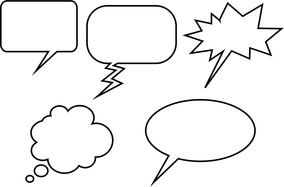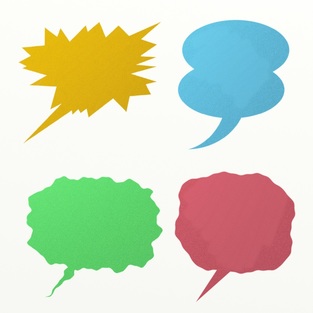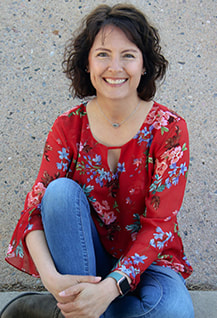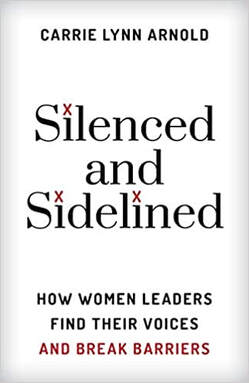|
When you don’t know what to do it often means you don’t know what to say. There is, at least, a quarter of a million distinct English words at our disposal. These words can help unravel knots, clear up the confusion, create new choices, foster new conversations, improve relationships, resolve conflict, and facilitate apologies. These words are our ticket to getting unstuck. Unfortunately, we lose our ability to choose our words when we are stuck, stressed, or triggered. I have been told that taking eight, deep breaths can reboot the body. The brain as an organ uses at least 20% of the air supply. When we mentally redirect our oxygen back to the brain, we think more clearly. However, it takes additional reflection to choose and use words appropriately. When coaching a client through a difficult conversation, I will often make them talk to me as if I am the other person. I want to hear their word choices, reflection and tone of voice. I want to see the emotion either sharpen or soften the message. I want to watch them hear themselves talk and then hold up the mirror so they can verify if that is the message they want to send. Sometimes they surprise themselves when they can safely and simply say what they need to say. Too much context is fodder to stir up defensiveness and argument. Other times they do not know where to start, and they stumble along repeating messages without conviction. My job as a coach is to introduce them to new words, metaphors, phrases or emotional statements that might resemble what they are thinking and feeling. It is always a delight to watch a client’s face shift with awareness and hear them say, “That’s it – what you just said – that is what I mean”. Once a client knows what they really mean, they can declare what they need and engage in a conversation with new language distinctions.
As adults, we need to be passionate about rich, meaningful words. Let’s go on an expedition and dig around in that vast well of word choices and find the ones that fit. We need to throw out the words that have grown thin (like overwhelm, frustration and stress). We need to choose powerful words (try enormity, daunted or whelm) that create new reactions, new pathways, and new possibilities. What would others say are your over-used words? |
Carrie Arnold, PhD, MCC, BCCIn no particular order: Author | Dog mom | Speaker | Reader | Mom to human offspring | Wife | Lover of Learning | Leadership coach & consultant, The Willow Group | Faculty for Evidence-Based Coaching at Fielding Graduate University
�
Categories
All
|
The Willow GroupCarrie Arnold, PhD, MCC
|
Silenced and Sidelined: How Women Leaders Find Their Voices and Break Barriers
|
|
© 2020 The Willow Group, LLC






